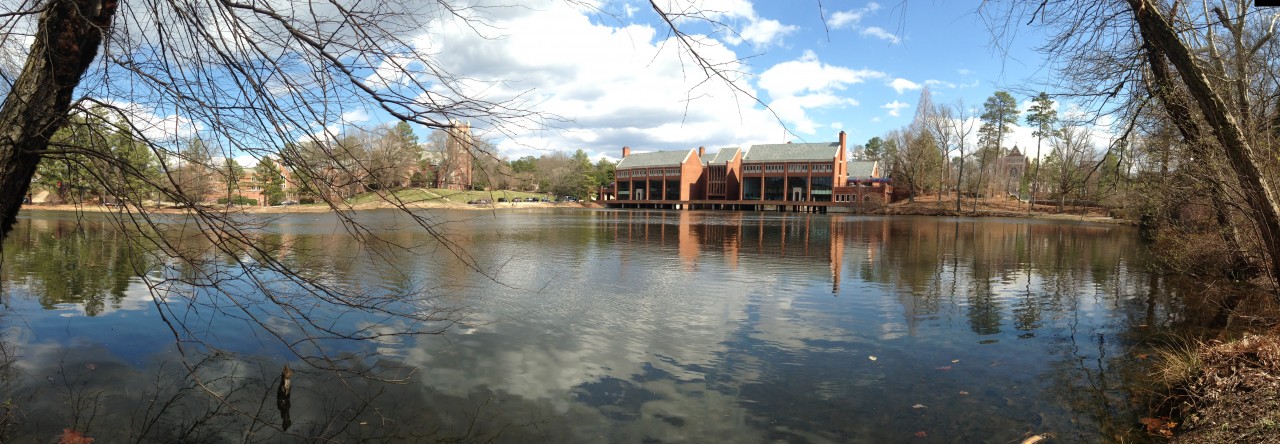Education Projects:
HHMI BioInteractive Ambassador
SPARCnet Education: Teaching resources with red-backed salamanders
QUBES Data Incubator Group: Bringing research data into ecology classrooms and supporting open educational resources (OER) publishing
University of Richmond Undergraduate Courses:
- BIOL 199: Animals in Extreme Environments
- One of the major forces driving evolutionary change is the interaction between individuals and their biophysical environment. Physiological adaptations to environmental challenges (temperature, water, light, salinity, pressure, nutrients, and toxins) shape range limits and organismal responses to variability and change. We will examine the physiological processes associated with hot deserts, arctic climates, freshwater and saline systems, deep sea environments, and integrated responses to environmental stress. We will also examine the human response to physiological stress (temperature, altitude, and exercise). Although we will focus on systems with extremes, an important theme of this course is that evolutionary processes shape physiological adaptations across all variable environments. Laboratory investigations will examine physiological processes in animals, with an emphasis on invertebrate model systems.
- BIOL 202: Integrated Biological Principles II
- Second of two-part series on the fundamental principles of biology. Examines organismal physiology and ecology within the context of biological evolution. Builds upon the competencies and skills learned in BIOL 199 and 200 Serves as preparation for upper level biology courses and beyond. Intended for majors in biology and biochemistry and molecular biology. Three lecture and three laboratory hours per week.
